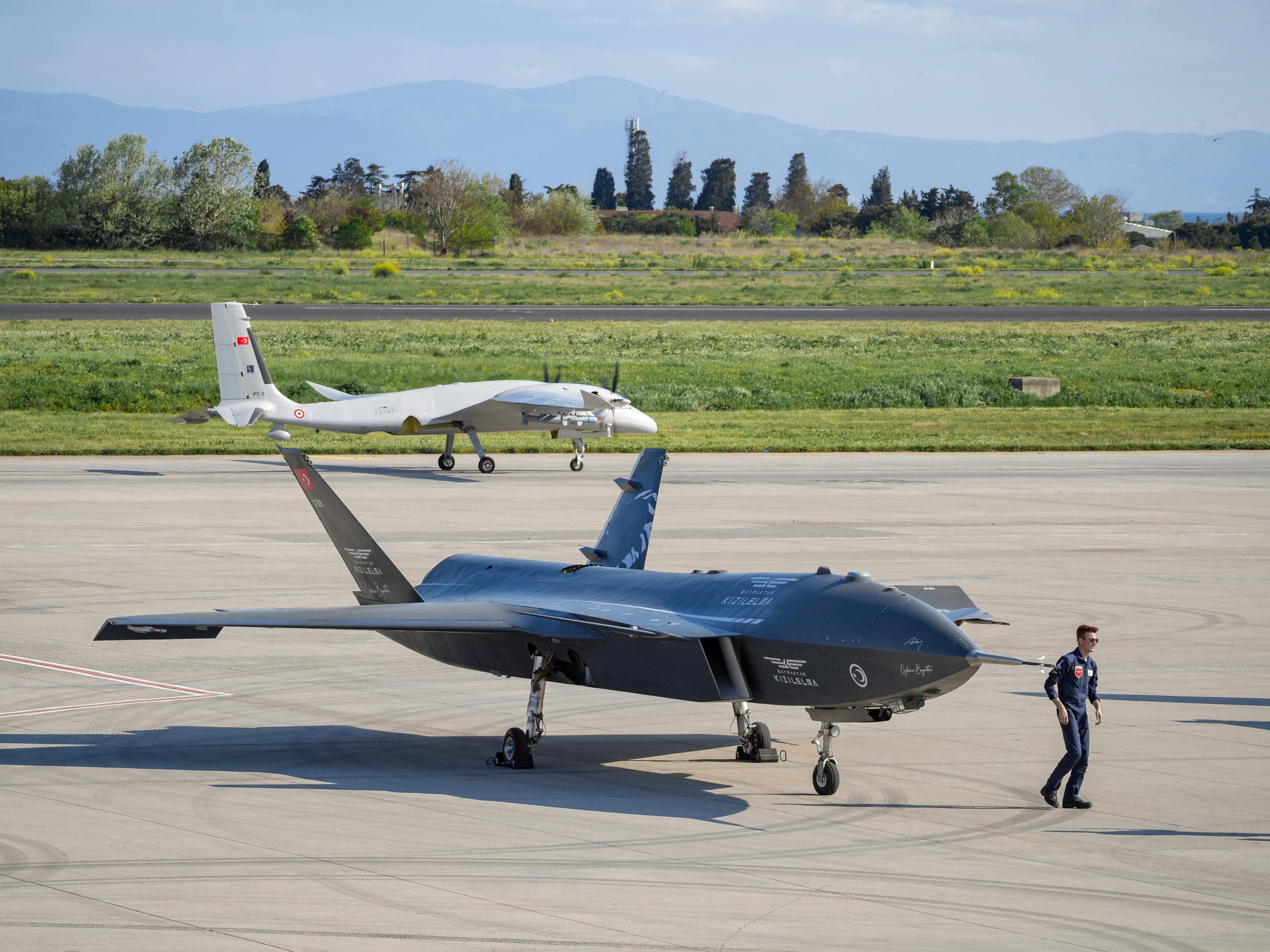The European Union is growing increasingly concerned about the ongoing military cooperation between Russia and China, with new reports suggesting that Russia has set up a factory in China for the production of lethal drones. Diplomats in Brussels have received what they describe as “convincing” evidence that Russia is working with China to manufacture these advanced weapons systems, which are believed to be used in the ongoing war in Ukraine. The development raises significant alarms within the EU, which has already imposed severe sanctions on Russia for its actions in Ukraine and is closely monitoring growing ties between Moscow and Beijing.
The Growing Threat of Lethal Drones:
Lethal drones, also known as combat drones or kamikaze drones, are an increasingly important component of modern warfare. These drones are capable of carrying out targeted strikes and are often designed to carry explosive payloads, which can cause significant damage to military infrastructure and civilian targets. Russia has already been using drones in Ukraine, and evidence suggests that Moscow may be expanding its capabilities by leveraging China’s manufacturing expertise.
The European Union is now alarmed by reports that Russia has established a production facility in China dedicated to manufacturing these drones. If true, this would represent a significant escalation in military cooperation between the two countries and could potentially undermine international sanctions designed to isolate Russia due to its invasion of Ukraine.
Convincing Evidence of Drone Factory:
Diplomats and intelligence officials in Brussels have stated that they have received “convincing” evidence that Russia is working closely with Chinese companies to produce lethal drones. While the specifics of this evidence remain classified, sources have suggested that the drone production facility is located in China’s western region and is directly linked to Russian military needs, particularly in relation to the ongoing conflict in Ukraine.
These lethal drones, some of which are believed to be Shahed-type drones similar to those used by Iran, are thought to be produced in China under an arrangement that involves both Russian military officials and Chinese manufacturers. Russian drones have already been used to target Ukrainian infrastructure, including energy grids, leading to widespread blackouts and civilian casualties. The use of drones in warfare has dramatically increased the lethality of attacks and posed new challenges to defense systems worldwide.
The cooperation between Russia and China in this area would also provide Moscow with access to advanced drone technology and manufacturing capabilities, bypassing international sanctions and import restrictions that have limited Russia’s access to foreign military goods and technologies.
Implications for the EU and Global Security:
The potential collaboration between Russia and China in the production of lethal drones has serious geopolitical implications. The EU has already implemented a range of sanctions against Russia in response to its actions in Ukraine, but this new development may present a loophole in efforts to curb Moscow’s military capabilities. Russia’s reliance on drones produced in China could allow the Kremlin to further its military ambitions without the same logistical and technological limitations that sanctions have imposed.
For the European Union, this revelation could prompt a re-evaluation of its diplomatic strategy towards both Russia and China. The EU is already struggling with its internal divisions over how to handle China, especially given the complex economic ties many member states have with Beijing. However, the growing military alliance between China and Russia could force the EU to take a firmer stance against China, potentially leading to further sanctions or other punitive measures.
Moreover, the situation could raise concerns within NATO, particularly as the alliance continues to monitor both Russian and Chinese military activities. The possibility of Russian drones being produced in China underscores the need for enhanced coordination between NATO members, who are already wary of the potential for proxy conflicts and military escalations resulting from foreign military support to Russia.
Responses from Russia and China:
So far, both Russia and China have denied claims of direct military cooperation in the production of lethal drones. Russian officials have dismissed the accusations, stating that Moscow is committed to developing its own defense technologies and that any cooperation with China is purely economic and diplomatic in nature.
Chinese officials, for their part, have similarly rejected the claims, reiterating that China has adhered to international law and remains neutral on the conflict in Ukraine. Beijing has consistently called for peace talks between Russia and Ukraine, while also opposing the Western sanctions regime against Russia. However, as the China-Russia relationship deepens, particularly in the areas of trade, military technology, and energy, suspicions in the West continue to mount.
While both governments have dismissed the accusations, the EU remains wary of the broader implications of such a partnership. There are growing concerns that Russia’s dependence on Chinese manufacturing could create a strategic alliance that undermines Western efforts to isolate Moscow and could potentially reshape global military dynamics.
Potential Consequences for Global Defense and Technology Markets:
If these reports are substantiated, the growing military cooperation between Russia and China could have far-reaching effects on global defense and technology markets.
- Impact on Sanctions Regimes: The EU and United States may need to rethink their approach to sanctions if China is helping Russia circumvent restrictions. This could involve tightening export controls on dual-use technologies that could be repurposed for military purposes, including drones, components, and materials.
- Challenges to Global Security: The proliferation of advanced military technologies, particularly in drones, could lead to an arms race in unmanned aerial vehicles (UAVs). Countries seeking to develop their own drone capabilities may turn to China as a manufacturing partner, increasing competition in global defense markets.
- Increased Pressure on NATO: NATO may face increased pressure to bolster its air defense systems and counter-drone capabilities, particularly in Eastern Europe and areas near the Russian border. NATO countries could also escalate efforts to monitor Chinese exports and tighten controls on the flow of military technology.
Conclusion:
The growing evidence that Russia is producing lethal drones in China is a major concern for the European Union and its allies. The collaboration between the two countries could help Russia bypass international sanctions, further fueling the ongoing conflict in Ukraine and complicating international efforts to end the war. As the situation develops, the EU will likely face increasing pressure to reevaluate its diplomatic strategies towards both Russia and China, and to implement more stringent sanctions on those involved in the military-industrial complex.
This situation is a stark reminder of the complexities of modern warfare and international relations, where technological advances and geopolitical alignments are reshaping the global security landscape.
References:
- Reuters – “EU Reports Evidence of Russian Drone Production in China”
- The Financial Times – “Russia and China Strengthen Military Ties Amid Ukraine War”
- Politico Europe – “EU Alarmed by Growing Military Cooperation Between Russia and China”
- BBC News – “Russia’s Drone Manufacturing in China Raises Global Security Concerns”
- The Wall Street Journal – “EU Diplomats Warn of Growing Drone Technology Transfer Between Russia and China”



